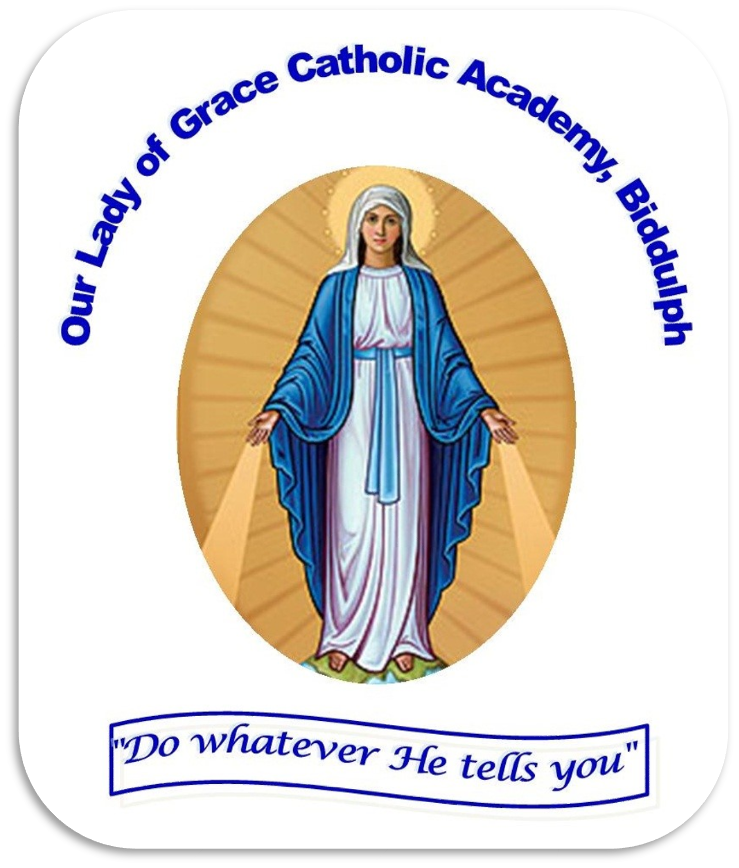Light
|
LIGHT (PHYSICS) |
||||||||
|
Statements in red are linked from other topics |
||||||||
|
Progression in Scientific knowledge, concepts & skills |
EYFS (Early Learning Goals) |
Year 1 |
Year 2 |
Year 3 |
Year 4
|
Year 5 |
Year 6 |
KS3 |
|
Concepts Cause and effect
Working Scientifically
|
Children know about similarities and differences in relation to places, objects, materials and living things.
Children talk about features of their own immediate environment and how environments might vary from one another.
Children make observations of animals and plants and explain why some things occur and talk about changes |
Identify, name, draw and label the basic parts of the human body and say which part of the body is associated with each sense (Animals including Humans)
|
|
Recognise that we need light to see and dark is the absence of light.
Know that light is reflected from surfaces
Know the dangers of the sun (Protecting eyes)
Know that shadows are formed when light from a light source is blocked by a solid object and find patterns in shadow sizes |
|
|
Know how light travels (straight lines)
Know that objects are seen because they give out or reflect light into the eye
Know why shadows have the same shape as the object that cast them |
The similarities and differences between light waves and waves in matter
Light waves travelling through a vacuum; speed of light
The transmission of light through materials: absorption, diffuse scattering and specular reflection at a surface
Use of ray model to explain imaging in mirrors, the pinhole camera, the refraction of light and action of convex lens in focusing (qualitative); the human eye
Light transferring energy from source to absorber, leading to chemical and electrical effects; photo-sensitive material in the retina and in cameras
Colours and the different frequencies of light, white light and prisms (qualitative only); differential colour effects in absorption and diffuse reflection
|
|
Possible learning questions |
|
|
|
How far can you throw your shadow?
|
|
|
Why is light important to our lives? |
|
